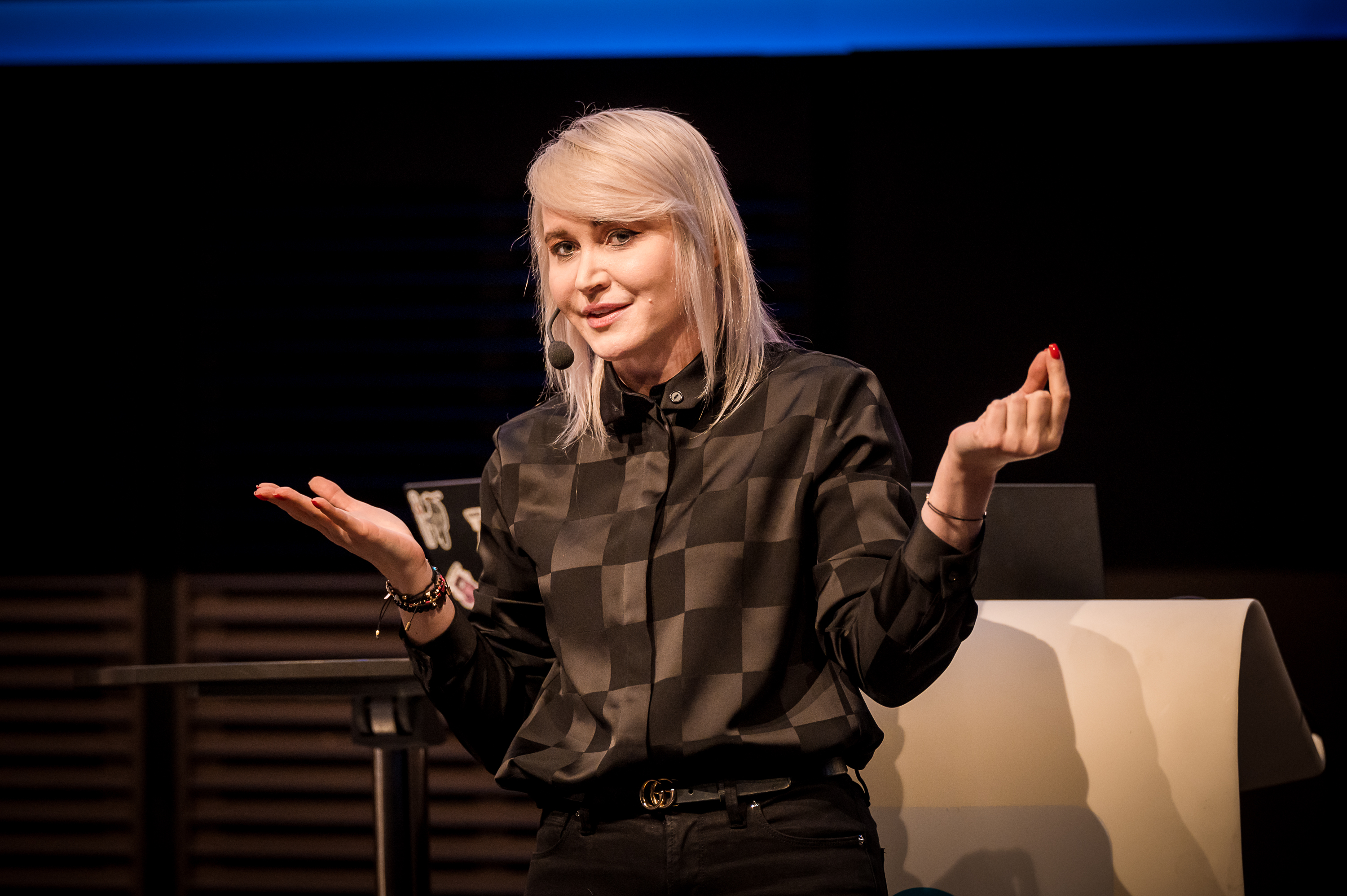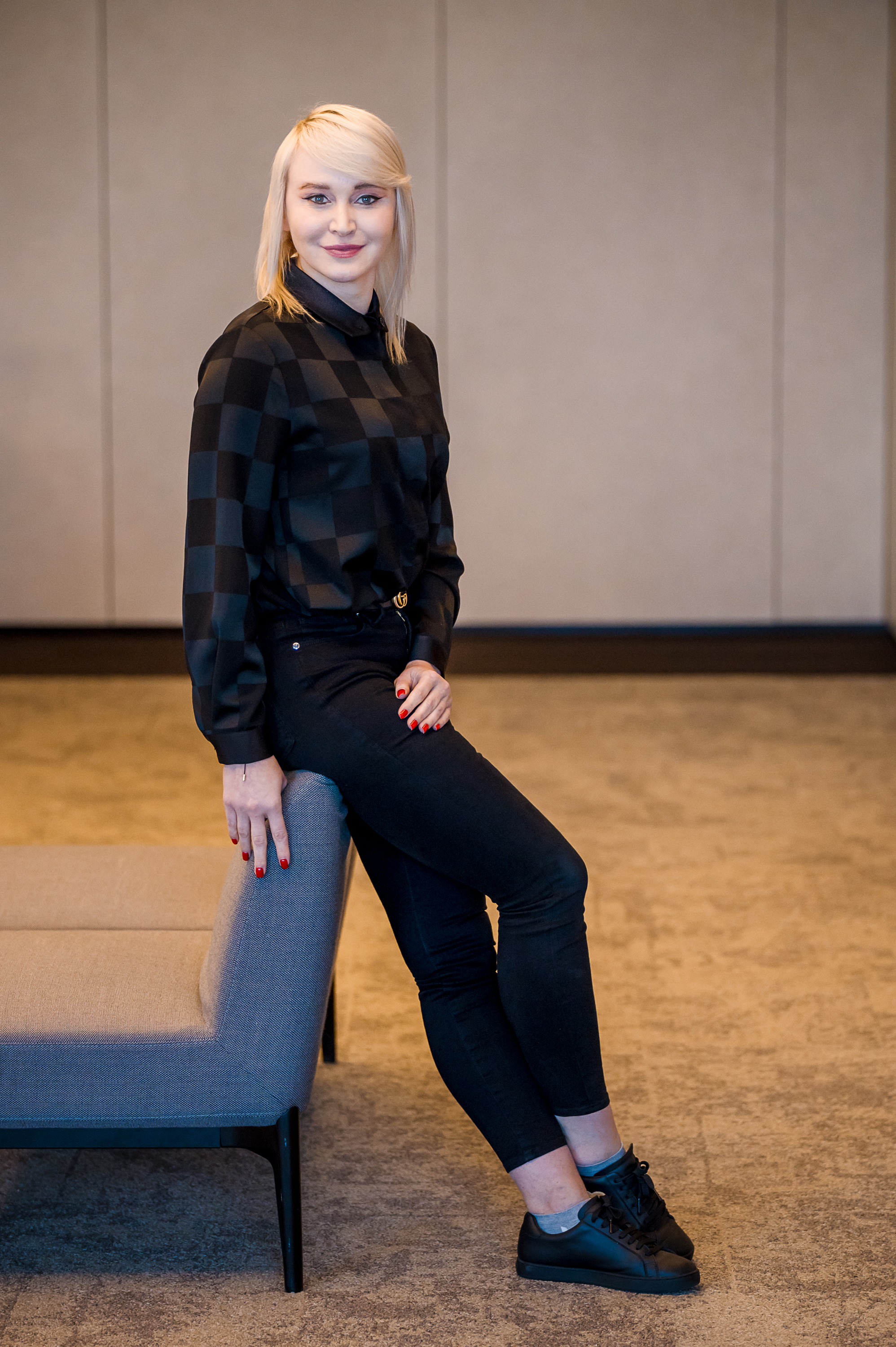Actually, it's a paradox. We all already know the importance of cyber security, and we have the tools to make it happen. Yet the number of incidents and their negative consequences continues to grow. How is this possible?
Actually, it's a paradox. We all already know the importance of cyber security, and we have the tools to make it happen. Yet the number of incidents and their negative consequences continues to grow. How is this possible?
"Imagine your day is packed with tasks, but you know you won't be able to complete them in 24 hours. So you have to accept a certain level of risk, and you don't know in advance how big that level is. Cybersecurity as a field is very broad, and it is difficult for administrators to take into account all aspects and risks at once," Januskiewicz explains her view, and just simple data from the Czech National Office for Cyber and Information Security proves her right. It recorded double the number of incidents in 2023 compared to 2022.
Businesses and institutions know this and are taking the security of their networks and technologies far more seriously than before. Even so, in the never-ending battle, they're more like a cop chasing a thief. The energy spent on solving problems and preventing them is still too little, or going in the wrong direction.
The best defenders are those who are most worried about business
"We lack experts, some detection systems are set up poorly so people then ignore alerts, organisations lack plans on how to behave in the event of an attack, and new threats associated with the advent of artificial intelligence add to this," Paula lists the most common problems as she, along with more than 60 colleagues, helps set up security and deal with the aftermath of attacks around the world.
Their clients include governments, banking institutions, companies in the oil and gas industry, as well as manufacturing companies and hospitals. And if Januskiewicz has observed anything, it's that the companies that take the best care of protecting their networks and technology are those that value their business the most. "Banks are a good example. They know that the most valuable thing they have is their trust and reputation and they don't want to lose anything at any cost," she explains.

She and her colleagues help with acute incidents, but more often they conduct comprehensive infrastructure audits before an incident occurs. "It happens repeatedly that companies don't have enough trained staff to deal with the situation, and that's when our expertise proves crucial. It's not that cybersecurity is not appealing, it's more that in our industry you have to learn a lot of new information beyond the normal IT and, more importantly, a different point of view. Knowing the infrastructure helps, but you don't build it, you have to know how to attack it," Januskiewicz flips the optics.
For many professionals, she says, this can then lead to feelings of insecurity: "Do I know enough?" "I am well aware of most of the developments in my field, it's my passion and my profession, I follow it. But I don't know about every new tool, I haven't read all the new research. I stay informed enough to be confident in my knowledge and skills. That if a customer is targeted, I'll always know what to do. But I understand that for newcomers to the industry, this constant flow of information can be overwhelming," she admits. That's also why she advocates the approach that you can't operate as a solitaire in cybersecurity, but have to network and share all the time. Because at any given moment, someone in the world is experiencing a new attack, which can then help other people. And by the way, this is why the Security conference exists.

Paula Januszkiewicz
CEO and founder of CQURE, cybersecurity expert, penetration tester and trainer, Microsoft MVP and Microsoft Regional Director. A world-class cybersecurity expert, she provides consultation to customers worldwide. A 2017 graduate of Harvard Business School, she speaks at the world's largest conferences, conducts penetration testing, architecture consulting, training and workshops. She is a member of the technical advisory board at the Royal Bank of Scotland/Natwest. And to top it off, she has access to Windows source code.